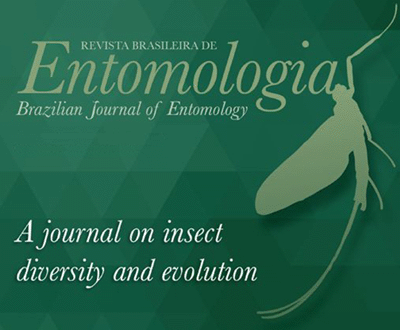Effects of female diet and age on offspring sex ratio of the solitary parasitoid Pachycrepoideus vindemmiae (Rondani) (Hymenoptera, Pteromalidae). Theories predict that females of parasitoid wasps would adjust the offspring sex ratio to environmental conditions in the oviposition patch, but the diet and age of females would also affect the sex ratio adjustment. Our focus was to test the effects of female diet and age on offspring sex ratio of the solitary parasitoid wasp, Pachycrepoideus vindemmiae (Rondani, 1875). Our results showed that females fed with honey had significantly less female biased offspring sex ratio than those fed only with water. Offspring sex ratio (male percentage) decreased with female age or female longevity at the beginning of oviposition but increased at the end. There should be a sperm limitation in P. vindemmiae females at the end of oviposition, and a higher frequency of unfertilized eggs were laid then. Females also laid more unfertilized eggs at the beginning of oviposition, which would be necessary to insure the mating among offspring. Male offspring developed faster and emerged earlier, which would also reduce the risk of virginity in offspring with female-biased sex ratio.
Behavior; Hymenoptera; host; parasitoid wasp; sex ratio adjustment



